Mahima discusses Nazia Erum’s best seller ‘Mothering A Muslim’ with the author’s take as well as reader’s reviews from across the world, in the weekly column, exclusively for Different Truths.
Nazia Erum, the author of Mothering A Muslim, and I connect back to the days last year when she was one of the few among her community who was hosting an inter-faith Iftar on Eid. I, as a columnist with Different Truths, ensured that this gesture of harmony reached the world. It was the time when lynching-over-beef-rumours were happening across the nation. And Nazia and her women friends were in their special way busy tying strings of love in an attempt to weave a fabric of harmony.
And today I can see the same Nazia in pain. Who will pen the heart-wrenching personal experience of over a hundred Muslim children and their parents across twelve cities without pain? Tell me, without 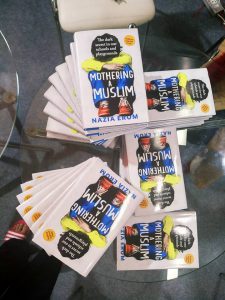 pain can you uncover stories of religious segregation in classrooms and rampant bullying of Muslim children in even country’s best schools? Yes, Mothering a Muslim is no manual on how to be a good mother in a particular community. The book is a disheartening glance at the complexities of having a Muslim identity in today’s world.
pain can you uncover stories of religious segregation in classrooms and rampant bullying of Muslim children in even country’s best schools? Yes, Mothering a Muslim is no manual on how to be a good mother in a particular community. The book is a disheartening glance at the complexities of having a Muslim identity in today’s world.
Be it the six-year-old who beat up another saying: “I hate Muslims.” Or be is the one who was asked, “Do your parents make bombs?” Or for that matter the one who was taunted with “What have you done, after every terror attack across the world.” Each narrative by Nazia leaves you with goosebumps.
And the worst part is that the instances that were brought to a teacher/supervisor’s attention rarely lead to any constructive action against the bully child. And amid all these are narratives of their mothers who have one question in common to ask, “What wrong has my child done?”
Out of the same fear came out Nazia’s resolve to be the voice of these mothers. And it was also done because Nazia chose to name her daughter Myra, a name of Arabic origin, but nowadays prevalent among all faiths. “I didn’t want her first name to take away a normal childhood from her,” Nazia told me over the phone. But as she said, this was no solution, she had to take an action and make the pain of Muslim mothers heard loud and clear.
Karthika G Singh, a reader from Australia who has the e-book, writes to me, “My dad was a Sikh and I am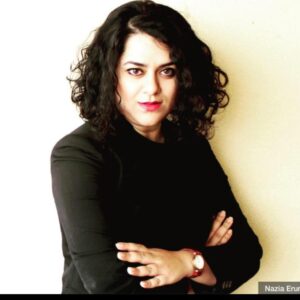 married to a Hindu. My son who has chosen to keep a Turban was always at the butt of Sardar jokes in India; it is not so in Sydney. It used to happen in a light mood. But I can relate to Nazia’s pain since the North especially the Sikhs were at tenterhooks after the Sikh riots in 1984. My dad had to flee Punjab and take shelter in Delhi and later Dehradun. Nazia is right, we have to fight for communal harmony. Our children always watch us, and follow us.”
married to a Hindu. My son who has chosen to keep a Turban was always at the butt of Sardar jokes in India; it is not so in Sydney. It used to happen in a light mood. But I can relate to Nazia’s pain since the North especially the Sikhs were at tenterhooks after the Sikh riots in 1984. My dad had to flee Punjab and take shelter in Delhi and later Dehradun. Nazia is right, we have to fight for communal harmony. Our children always watch us, and follow us.”
Dr. Farrukh S Waris, an academician and former Principal of Burhani College, Mumbai, India writes, “I am all praises for Nazia Erum for validating her gumption that she can work on this much needed but largely ignored topic of ‘bullying thy name is religion’…it was rampant in the post-partition phase as my eldest sister Kamoo Alam has certain hurting stories to share where Hindu girls wouldn’t share the dining table with Muslim girls saying, “tum maas macchi kahte ho” (you eat fish and flesh), then gradually this aspect petered off largely around 60’s as the partition woes started becoming less and less. Nazia Erum’s surmise is largely correct that children as young as five are spouting home-learned communal statements.”
So what should India and the world do? The best part of the book is that it doesn’t leave you on a sad note, it doesn’t leave you with these questions unanswered and helpless about what to do. It leaves you with corrective measures that need to be implemented in every school, every household.
G. John Thomas, another reader, and father to a seven-year-old from Malaysia write, “I am not justifying an act of terror. But we need to question ourselves on why educated Muslims are joining ISIS. We need to question ourselves what will a cornered, disillusioned and later brainwashed person do, if his/her own countrymen fail to accept his/her faith, identity etc.?”
Nazia has the final say, “High time we learn to self-censor. A child cannot on his/her own acknowledge: Yes, I am Muslim but I do not eat beef. Media owes a responsibility to the nation. And it’s the high time 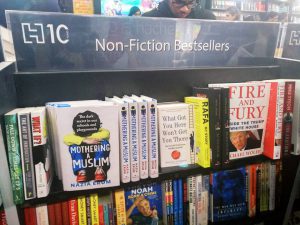 we together learn to correct what we say/show/act to our children as a nation and also stop those who do it wrong. Remember, be it the one who is being bullied or the one who is a bully, humanity is dying a fast death in our children.”
we together learn to correct what we say/show/act to our children as a nation and also stop those who do it wrong. Remember, be it the one who is being bullied or the one who is a bully, humanity is dying a fast death in our children.”
Other than the views and reviews here, I would like you to read Mothering A Muslim by Juggernaut, which is a really fast-paced one and can be read-through in maximum two days. Read it to self-correct yourself.
On the other hand, I also request Nazia to come out with a part-II of the book where I would like her to explore even the gullies of India. The same gullies of India, where the Muslim families are not so well off and not that much in fear because harmony still breathes alive here. Like the ghetto near my Muslim in-laws’ house in Mirzapur near Varanasi, Uttar Pradesh, where during the lynching-over-beef incidents the other communities’ men/boys would drop the Muslim girls to schools, to ensure they didn’t miss classes. As I always say, there is always another and brighter side to the life as well.
©Mahima Sharma
Photos sourced from the author
#FlameOnIce #MotheringAMuslim #StopHatred #SpreadLove #CallForCommunalHarmony #BestSeller #JuggernautBooks #NaziaErum#DifferentTruths

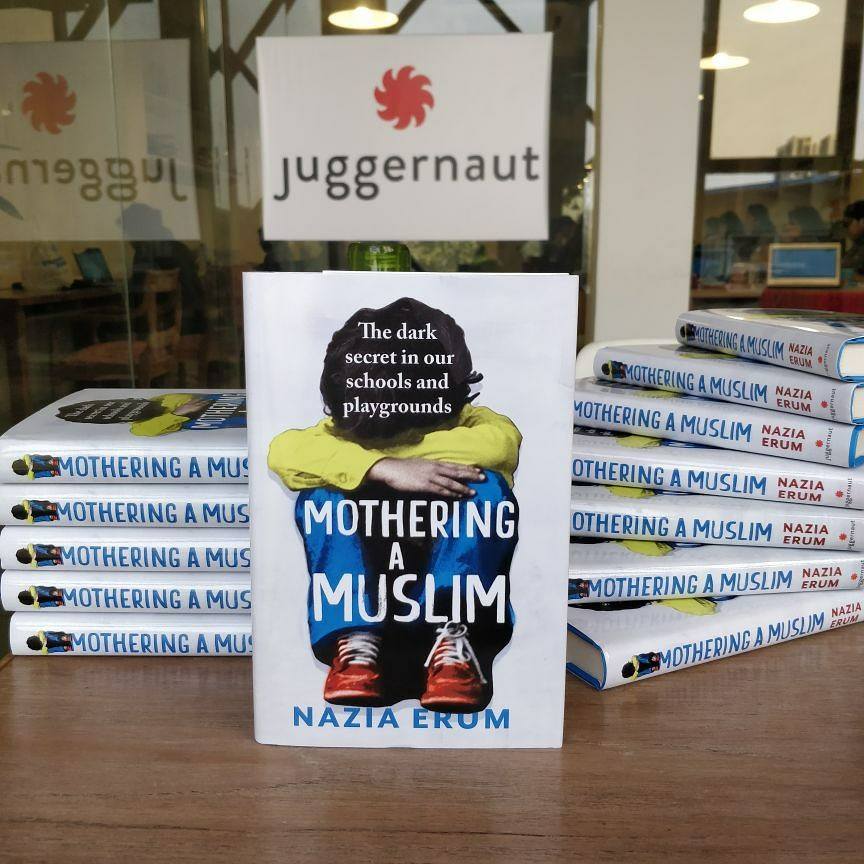

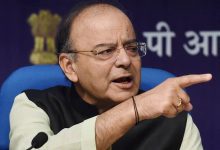
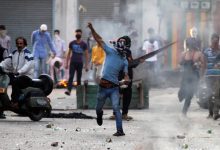
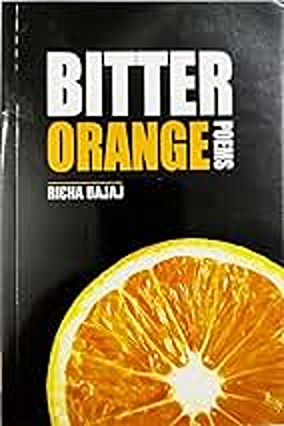
 By
By
 By
By
 By
By
 By
By